Keywords: Anthony Albanese
-
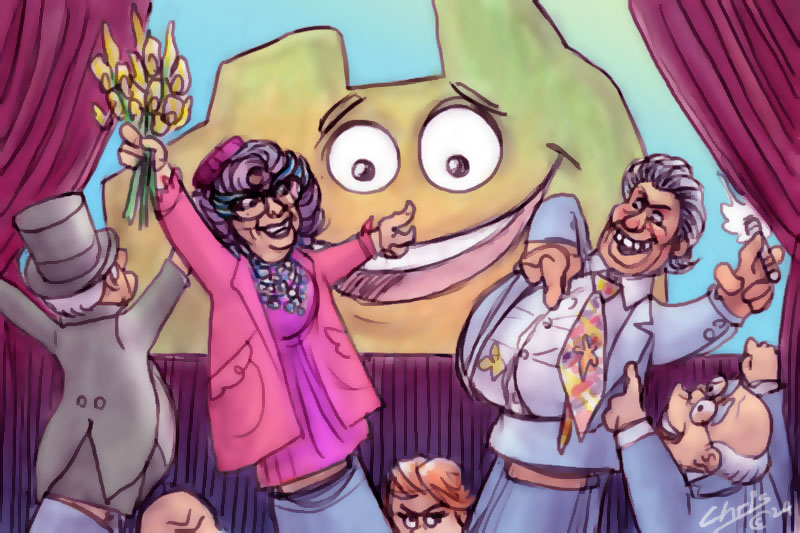
ARTS AND CULTURE
- Ron Cerabona
- 14 November 2024
1 Comment
For decades, Australian political satire has taken aim at the powerful with wit and irreverence, forging a distinct comedic tradition that holds up a mirror to society, revealing truths in the face of national absurdities. Now after 25 years, the iconic Wharf Revue takes its final bow, closing a celebrated chapter in the story of Australian satire.
READ MORE
-
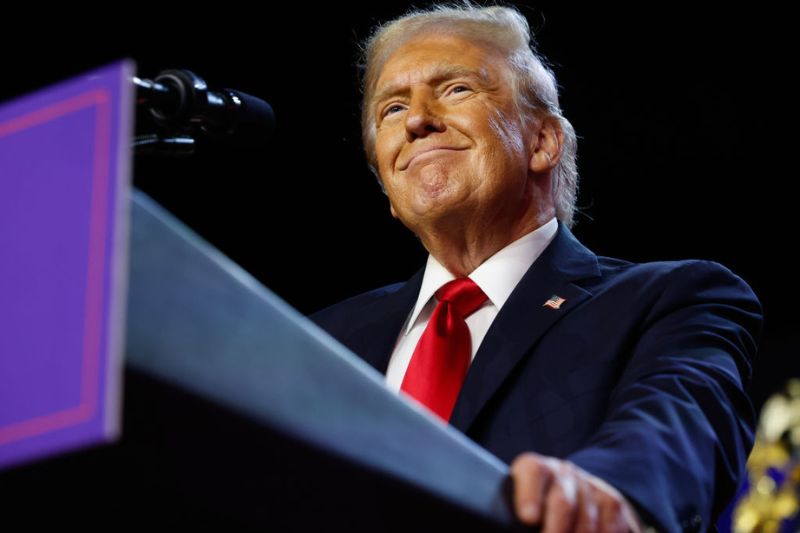
AUSTRALIA
- James Massola
- 07 November 2024
10 Comments
The analysis of how Trump achieved a famous victory will continue for years to come. The more germane questions now are what does this result mean for Australia’s economic, defence, trade and foreign policy, and what lessons (if any) are there for Anthony Albanese and Peter Dutton?
READ MORE
-
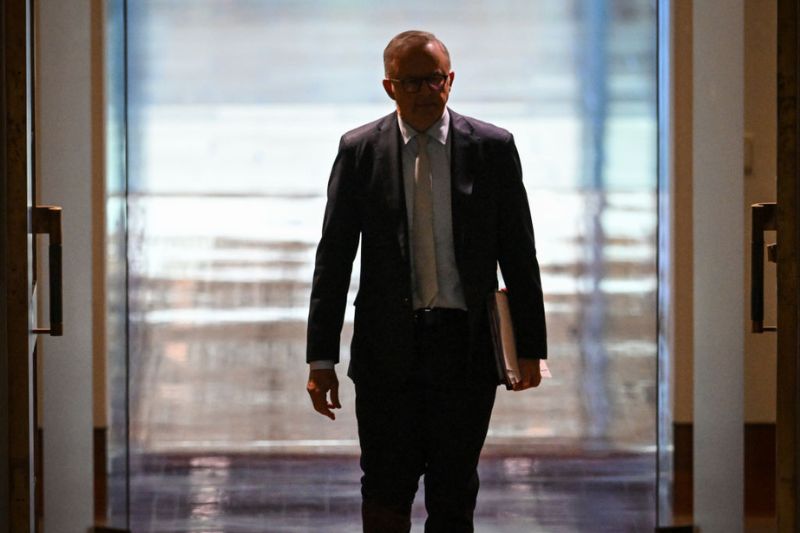
AUSTRALIA
- James Massola
- 23 October 2024
8 Comments
As Prime Minister Anthony Albanese navigates a slow but steady decline in approval, his cautious leadership approach is increasingly under scrutiny. With rising pressures on housing, the economy, and global events, is it time for him to take the bold political risks necessary to stave off the threat of minority government?
READ MORE
-
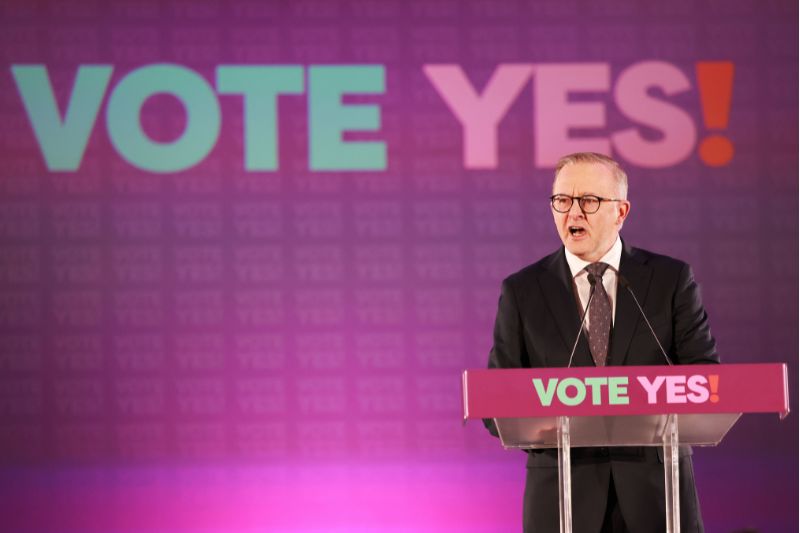
AUSTRALIA
- Michelle Grattan
- 04 October 2024
5 Comments
Almost a year after the Voice proposal was defeated, blame and recrimination are still being thrown around, and the government is still reeling from Albanese’s overreach.
READ MORE
-
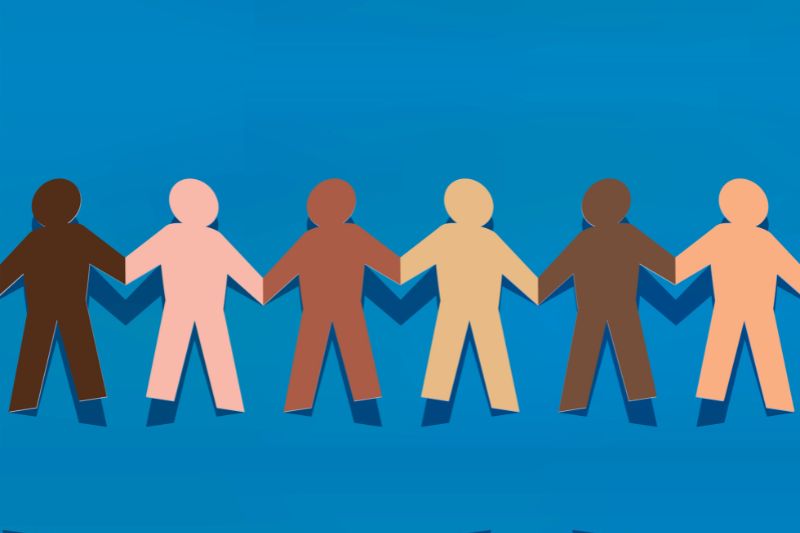
AUSTRALIA
- Joseph Camilleri
- 28 August 2024
3 Comments
As Australia faces numerous moral crises from domestic inequality to global militarization, a proposed national charter of principles could to reshape our society and redefine our global role. This declaration would acknowledge Indigenous dispossession, prioritize human rights, and shift focus from military alliances to human security.
READ MORE
-

ARTS AND CULTURE
- Eddie Hampson
- 08 August 2024
2 Comments
Blanche DuBois is a character defined by her fragility, and her descent into madness is a harrowing testament to the pressures of a society that offers little mercy to women. But when Blanche is portrayed as a figure of power and defiance, she lacks the vulnerability of her predecessors and the logic of her descent into ‘madness’ isn’t as clean-cut.
READ MORE
-

AUSTRALIA
- Binoy Kampmark
- 16 July 2024
2 Comments
Senator Fatima Payman's departure from Labor over a pro-Palestine vote and the emergence of 'The Muslim Vote' have reignited debates about faith in Australian politics. While PM Albanese cautions against religious influence, his stance overlooks the nation's history of faith shaping governance, raising questions about the feasibility of separating belief from policy-making.
READ MORE
-
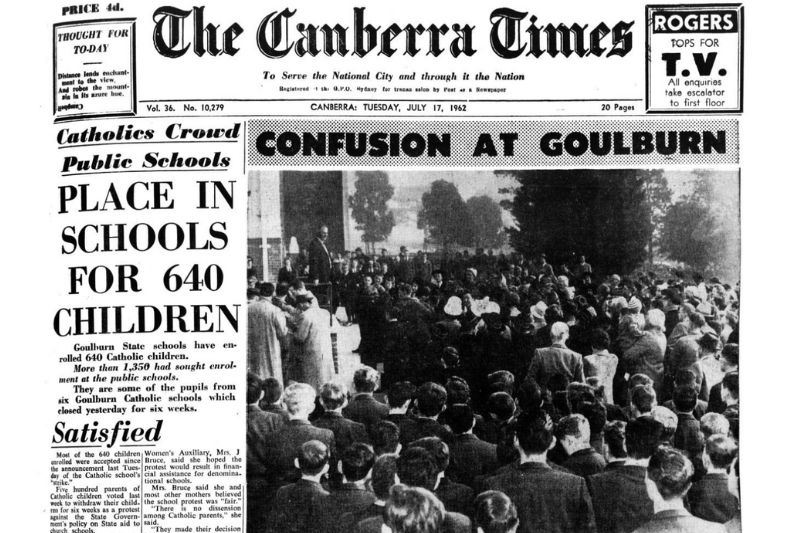
RELIGION
- John Warhurst
- 03 July 2024
8 Comments
In 1962, Goulburn was the centre of national attention when Catholic schools closed in protest over a lack of government funding and control. Students overwhelmed public schools. Could this happen again? An Australian archbishop suggests it as an option if religious freedom in Catholic schools is threatened.
READ MORE
-
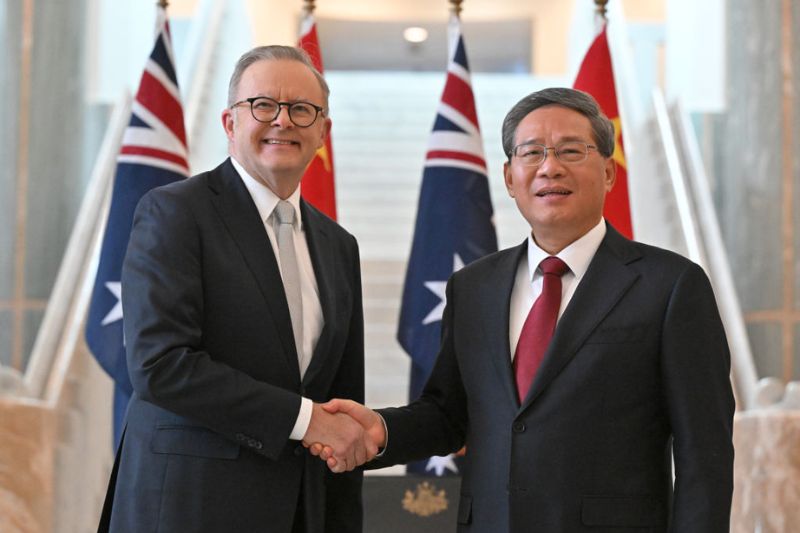
INTERNATIONAL
- Jeremy Clarke
- 19 June 2024
3 Comments
In a significant thaw in Sino-Australian relations, Premier Li Qiang's visit to Canberra brought strategic agreements on education, climate change, and trade, and the promise of new pandas for Adelaide Zoo. Prime Minister Albanese emphasised cooperation and dialogue over confrontation, contrasting with the hawkish rhetoric of domestic critics.
READ MORE
-
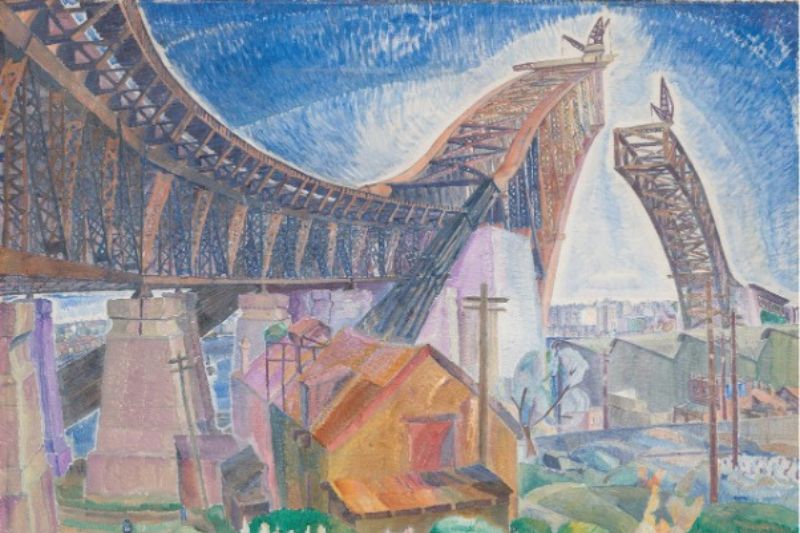
AUSTRALIA
- Frank Brennan
- 27 May 2024
8 Comments
Following the failure of the Voice referendum, many believed that the path to constitutional recognition is closed for Indigenous Australians. But they may be wrong.
READ MORE
-
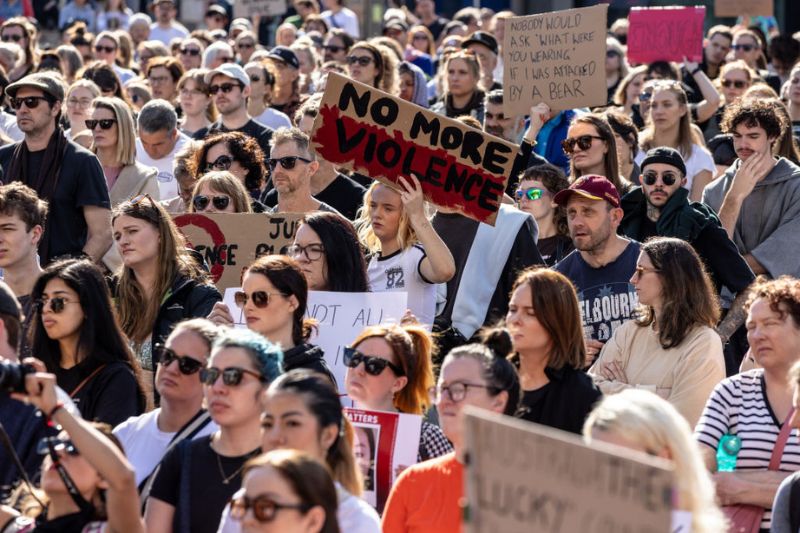
AUSTRALIA
- Warwick McFadyen
- 08 May 2024
4 Comments
'Thoughts and prayers': Is it now a tired, worn-out cliché, its usefulness questionable? It is now used so many times to render its meaning, its core message, void. Sometimes more than words are needed.
READ MORE
-
.jpg)
AUSTRALIA
- David Halliday
- 06 May 2024
5 Comments
The national conversation is very much spotlighting domestic violence and violence towards women. As a nation, we need to consider hard questions around the abundant factors within our society with connections to violence. Over three decades, we have made gains, but there’s more work to be done.
READ MORE 